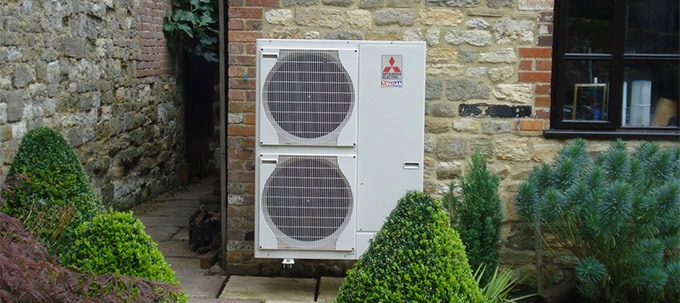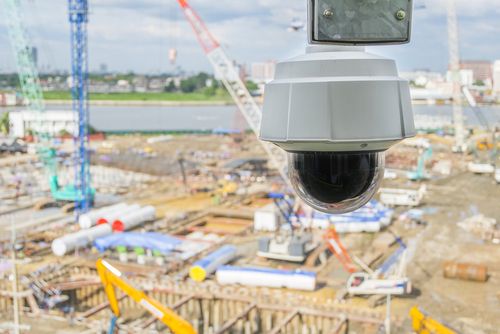Top tips for choosing a family lawyer

There can be a lot to consider when you’re looking for a family solicitor. Given how demanding the circumstances can be surrounding the need to find a family lawyer. The emotional stress and anxiety is often incredibly demanding and can take a huge toll on you, which means it is vital to quickly find the services of a reliable family solicitor.
In this article we’ll look at the top five things to do when choosing a family solicitor – offering a guide for successfully finding an effective family lawyer to help you through whatever trouble you’re having.
1. Look at reviews and search for referrals
It’s to know you’re working with someone you can trust. One of the best ways of doing this is by looking into reviews online and seeing what people have said about their experiences working with a solicitor. This can allow you to shortlist potential options – allowing you to build up a selection of solid choices.
Other professionals may also be able to provide solid referrals. Psychologists and accountants frequently work with divorce and family lawyers, and so can provide fantastic recommendations. As can previous clients of lawyers and solicitors – who can give you a solid indication of the performance and ability of a professional.
2. Get an expert and an experienced solicitor
Family law is a complex and expansive field which is constantly seeing changes and adjustments – which means it is vital to find an expert or specialist in family law – someone with years of experience and the accreditation and qualifications to help you. You need to find a proper family lawyer, and one with extensive experience both in mediation and outside of the court room.
In larger firms, it will be possible to find professionals who work in specific niches of family law. This includes specialists in child law, financial settlements, and work in prenuptial agreements. Gaining access to these skillsets is invaluable when it comes to mediation as well as court room work.
You must remember to choose an expert who is ready not only to engage in work in the courtroom but is experienced in meditation – which is a key part of the work which solicitors do. The goal of a solicitor should be to mediate – not aim for the courtroom.
3. Talk about the approach – how do they plan to resolve the case
You’ll want to know what kind of approach a family solicitor will be taking towards the situation. As noted, it’s important that a lawyer understands that the court is the final choice – something to be avoided if possible. Cases which go to court are demanding and costly and come with a huge amount of stress and anxiety – so it is better to try and mediate an out of court settlement. This can save you a massive amount of money and ensure things go far, far smoothly. At the same time, you’ll want to know if your solicitor will be ready to manage things if a case goes to court – and what experience they have in that area as well.
4. Who are you going to be instructing?
This might seem like a stupid question to some, but it’s an important one to ask.
When you choose a solicitor, you’re likely to be working with them for some time – so it’s important you know who exactly you’re going to be working with. There’s a chance you’ll be engaging at first with a partner, but then have the work delegated to either a junior solicitor or a paralegal. This can be a bit frustrating if you picked a firm based on an individual solicitor being recommended. You will want to know exactly who will be helping you out over the course of a case.
5. Do you like the solicitor?
This may seem like a strange question, but it’s quite a vital one. Do you like or get on with the solicitor?
A family lawyer Clarkston is going to be working closely with you as a team; you’re going to have to engage closely with them on both personal and financial matters – and be confident they can be trusted with this information. There will often have to be a great deal of frank discussion – especially if it concerns a child or financial settlement.
If you get on well with a family solicitor, it’ll be far easier to reach a proper settlement, since they can advocate for solutions and compromises, they understand you will be able to feel comfortable with. This level of honesty and frankness is often very important for securing effective conclusions and avoiding a case going to court.
Therefore, it is so important to have a good relationship with a solicitor. The better you get on, the easier it’ll be to resolve the issue.







